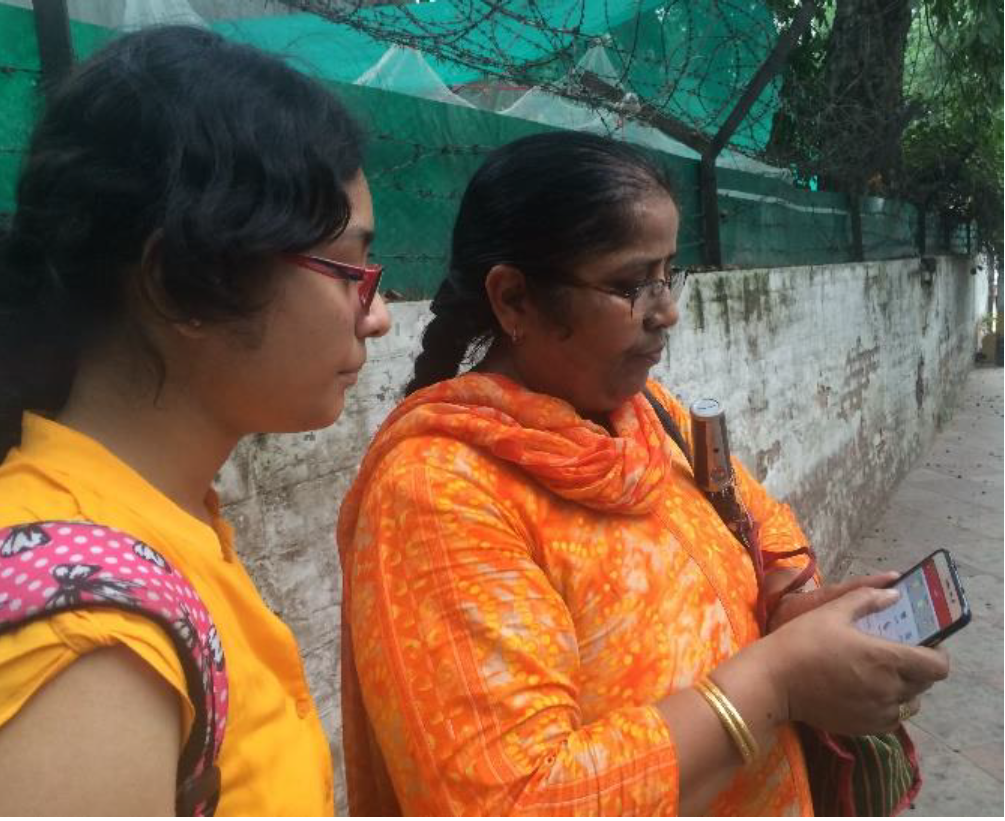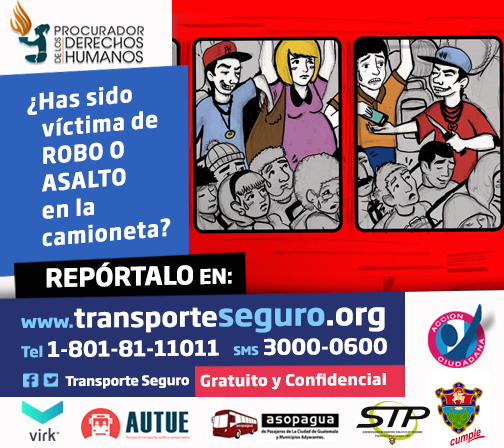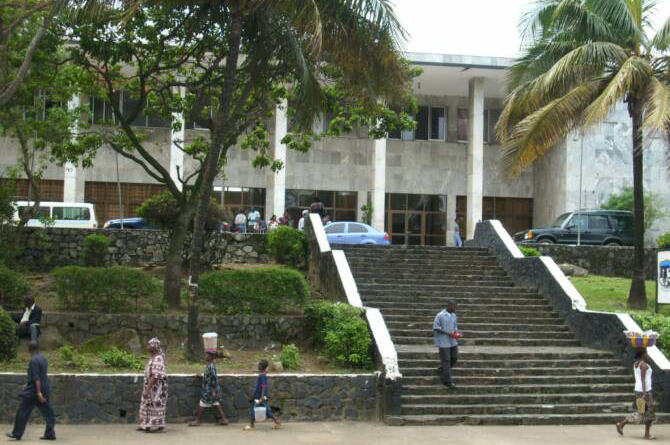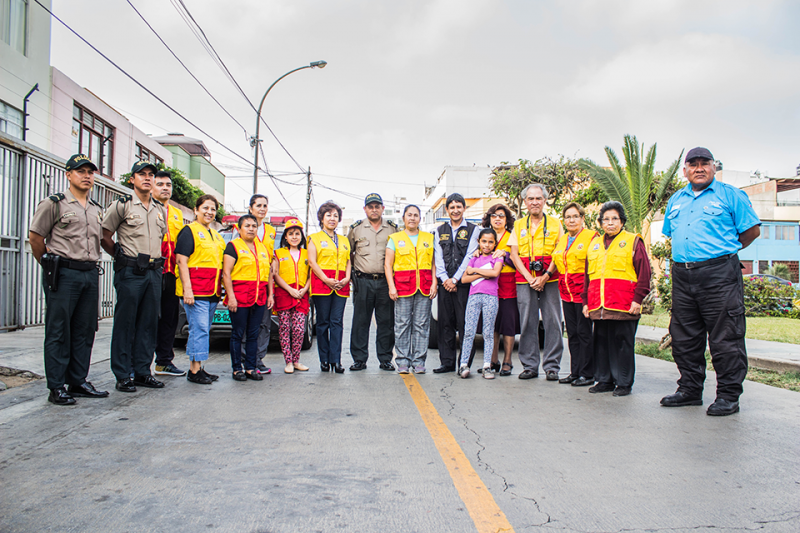- Who We Are
- How We Work
- Portfolio & Results
- Newsroom
- Resources
Know Your City: Information for Transformation
|
The choice of the theme Know Your City for the 2014 Call for Proposals reflects the Cities Alliance’s strong conviction that a better knowledge of cities – and innovative ways of doing so – can bring the city government and its citizens together and help them engage with each other, build trust, share information, and improve accountability. These actions, in turn, support good governance and inclusive planning processes.
Do You Know Your City? Results from collaborative data initiatives to drive innovation in cities documents results from the projects selected.
Knowledge Exchange on Know Your City In September 2017, Cities Alliance organised a Learning Exchange for grantees of the Know Your City call. Project presentations by the grantees were complemented by six thematic sessions, organised through the Secretariat. Download the Learning Exchange report Key Lessons: Know Your City Knowledge Exchange Watch a video to learn about key messages from grantees View photos of the workshop on Flickr
Projects Selected for Funding:
Bolivia: Scaling up the Barrio Digital (Digital Neighbourhood) Programme in La Paz Gobierno Autónomo Municipal de La Paz, World Bank
One of the challenges faced by the Municipality of La Paz is engaging communities to provide feedback on the performance of its primary urban upgrading initiative. The Catalytic Fund supports the development of an online platform called Barrio Digital (Digital Neighbourhood) that enables citizens to send real-time feedback, grievances and requests for assistance to the municipality. Barrio Digital can be accessed through text message or online via computer or smartphone, making it easy for citizens of all backgrounds to participate. The platform’s website also provides open access to information on projects delivered through the municipality’s upgrading initiative. Barrio Digital has already been introduced in four different neighbourhoods, and initial results show high usage frequency by citizens and a significant reduction in the municipality’s processing time for requests. The Barrio Digital tool was launched in October 2016 by La Paz Mayor Luis Revilla. Read an article about the tool: Speak up, citizens of La Paz! Barrios de Verdad is listening
Global: Using SafetiPin to build Safer Communities Active Learning Solutions Pvt. Ltd, Bogota Secretaría Distrital de la Mujer (Secretary of Women), Nairobi City Planning Department 
This activity supports the undertaking of safety audits in three cities: Bogotá, Delhi, and Nairobi. It expands the use of SafetiPin, a mobile app that collects detailed information about safety in cities using technology and crowd sourcing. Through the app, residents can identify and become aware of problem areas.
Guatemala: RedACTES: Citizens Action Network for Safe and Efficient Public Transportation Transparency International, Accion Ciudadana

RedACTES in Guatemala City seeks to contribute to the provision of safe and efficient public transportation for poor and underserved communities and to combat corruption in the city’s public transportation sector.
Guinea-Bissau: Mieux se connaitre pour construire l'avenir de Bissau ESSOR, ALTERNAG (Association bissau guinéennes d’études et d’alternatives), and ANADEC (Action nationale pour le développement communautaire
This initiative aims to help citizens in Bissau’s underprivileged neighbourhoods have access to information on basic services. It also seeks to create links between public authorities, private actors, and citizens. Within the neighbourhoods, three one-stop-shops have been established in Community Development Centres that provide information and guidance on educational and health services, vocational training and economic opportunities.
India: Bangalore Urban Metabolism Project (BUMP) – Informing better governance for urban sustainability Stockholm Environment Institute, the Indian Institute of Science and the Indian Institute of Management
The Bangalore Urban Metabolism Project (BUMP) is a partnership between the Stockholm Environment Institute, the Indian Institute of Science, and the Indian Institute of Management. The interdisciplinary team has developed a formal framework, called urban metabolism, to address sustainability and equity challenges associated with rapid urbanisation. This specific activity focuses on water flows in Bangalore, building on previous work which identified key knowledge gaps in both the water demand and supply. WATCH a four-part film on BUMP: Its origins, objectives, groundwater monitoring and challenges
Liberia: “IMAGINE MONROVIA” – Using Innovative Data Resources to Manage Monrovia’s Development Monrovia City Corporation (MCC), Liberia Institute for Statistics & Geo-Information Services (LISGIS)

The “Imagine Monrovia” project uses innovative data collection methods to improve local government decision making and development planning. Components of the initiative will include: GIS training of municipal staff for improved data management capacity; a public participation methodology to promote good urban governance; a municipal business survey to gain information on potential revenue sources to improve the local government’s revenue generation and service delivery; and a land use mapping process to reveal investment potential within the municipality.
Myanmar: Mapping Yangon – The untapped communities UN-Habitat, Yangon City Development Council
This project addresses the major lack of data on informal settlements in Yangon. Over the past one-and-a-half years, the project conducted spatial research on the scale and location of slums as well as socioeconomic research on living conditions and livelihoods. Overall, 432 informal settlements with a total estimated population of 365,000 were mapped and documented, all lacking access to basic infrastructure and municipal services.
Peru: Más información para más seguridad. Ciudadanos, municipalidades y policías informados para una mejor gestión local de la seguridad ciudadana en Lima y Callao Instituto de Defensa Legal

This project aims to provide accurate information on public safety in Lima and Callao to enable better public safety strategies and greater citizen engagement in the process. Extensive data on local security risks and prevention has been collected, analysed and disseminated through interactive maps, annual citizen security reports, and studies. The results were made available to the public and those responsible for managing public safety, namely municipal governments, the national police, and neighbourhood committees. More about the project (Spanish)
Sub-Saharan Africa: Creating Momentum for Change through Innovative Information Generation and Engagement at the City Level in Africa Shack/ Slum Dwellers International, Association of African Planning Schools (AAPS)

This project seeks to build partnerships between slum dwellers, local planning schools, and the municipality in four secondary cities in Kenya, Namibia, Uganda, and Zambia.
West Bank/Gaza: Grassroots mobilisation towards improved emergency responsiveness and slum upgrading in East Jerusalem UN-Habitat, The Arab Thought Forum This project supports the development of an urban database to serve as an advocacy tool so that residents can proactively engage decision makers and donors and enhance their living conditions. Since the construction of the separation wall in 2002, the four neighbourhoods in East Jerusalem covered by the project have been neglected by the municipality. All four lack access to basic services or any kind of official representative body, and they have exhibited exclusively informal growth. |
|
